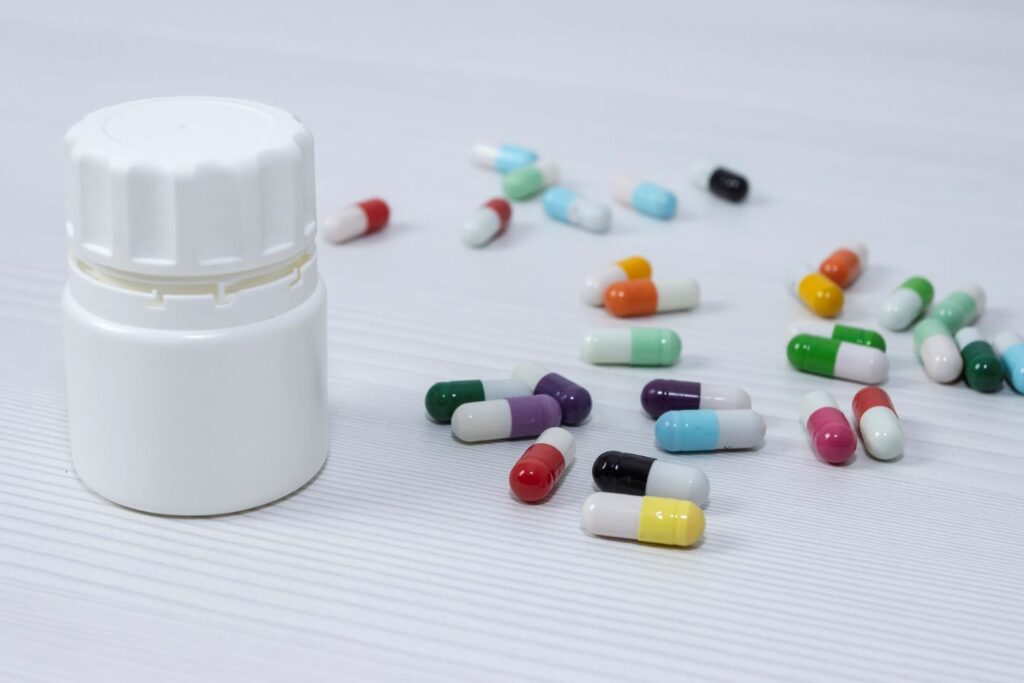Johnson & Johnson has submitted a biologics license application (BLA) to the US Food and Drug Administration (FDA) for the approval of nipocalimab, aimed at treating individuals with generalied myasthenia gravis (gMG).

The application is supported by findings from the Phase III Vivacity-MG3 clincial trial. Credit: AVAKA photo from Pixabay.
Subscribe to our email newsletter
The application is supported by findings from the Phase III Vivacity-MG3 clinical trial.
Assessing the improvement in the MG-ADL score from baseline over 24 weeks was the primary endpoint of the study.
Study participants included adults positive for anti-AChR, anti-MuSK, and anti-LRP4 antibodies, representing approximately 95% of the gMG patient population.
In the trial, nipocalimab, an investigational monoclonal antibody, in combination with standard of care (SOC), produced superior outcomes versus placebo plus SOC in a broad population of antibody-positive subjects with gMG.
The safety and tolerability of nipocalimab were in line with other studies involving the antibody.
The Vivacity-MG3 trial is claimed to be the first and only study to show sustained disease control across these subtypes.
A FcRn blocker, nipocalimab demonstrated lasting disease control, as measured by improvements in MG-ADL, when added to SOC compared to placebo plus SOC over a six-month period of consistent bi-weekly dosing.
Johnson & Johnson Innovative Medicine Neuroscience Global Therapeutic Area head Bill Martin said: “We are encouraged by the potential of nipocalimab to provide sustained disease control for people living with generalized myasthenia gravis, a chronic, life-long disease.
“The filing for approval of nipocalimab represents an important step forward as Johnson & Johnson continues to push the boundaries of research to develop innovative solutions to treat autoantibody-driven diseases, building on decades of expertise in neuroscience and immunology. We look forward to working with the FDA in their review of the data supporting the submission.”
 Advertise With UsAdvertise on our extensive network of industry websites and newsletters.
Advertise With UsAdvertise on our extensive network of industry websites and newsletters.
 Get the PBR newsletterSign up to our free email to get all the latest PBR
news.
Get the PBR newsletterSign up to our free email to get all the latest PBR
news.

